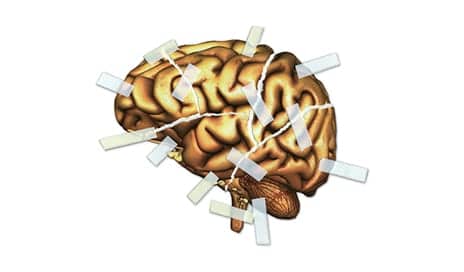A new study suggests a link between the positive effects of exercise on one’s brain to their better recovery after a stroke.
The study, published in Frontiers in Aging Neuroscience, suggests that physical exercise may be able to protect and potentially rehabilitate the brain after a stroke has occurred.
“Our study suggests that physical exercise can be used as a preventive, as well as a therapeutic approach to aid recovery after a cortical stroke,” says Dr Evgenia Kalogeraki, who conducted this research at the in the laboratory of Prof Dr Siegrid Löwel, at Georg-August-University, Germany.
In the study, Kalogeraki and Löwel used a standard test to assess the brain’s ocular dominance plasticity (the brain’s ability to change eye dominance in response to an experience in which the visual input of one eye is compromised) among mice.
The researchers note that older mice that exercised retained the ability to change eye dominance in comparison to those that didn’t. In addition, the mice that had free access to a running wheel were able to maintain ocular dominance plasticity after experiencing a stroke, compared to those that didn’t.
“We found that mice with free access to a running wheel throughout their life preserved a more juvenile brain into adulthood and were able to prevent the negative effects of a stroke,” Kalogeraki reveals in the release.
“We also found that mice with no previous access to a running wheel showed an equally positive recovery if voluntary exercise started after a stroke had occurred,” adds Dr Justyna Pielecka-Fortuna, co-author of the study.
Kalogeraki hopes, per the release, that this research could expand the knowledge of how physical exercise can have such a positive influence on the brain.
“We now hope to study the mechanisms underlying exercise-mediated activity changes in the brain, to ultimately better guide studies in humans, Kalogeraki concludes.
[Source(s): Frontiers, EurekAlert]





